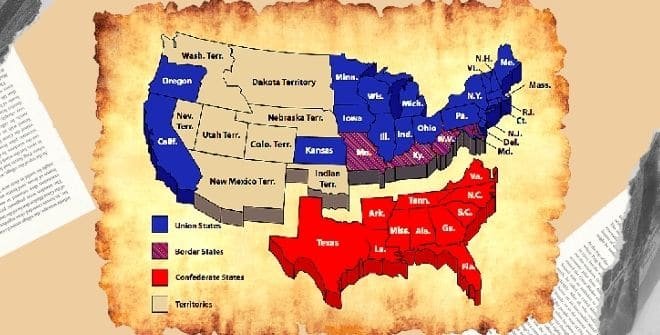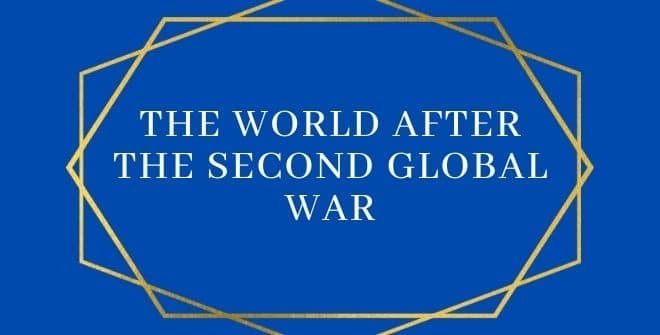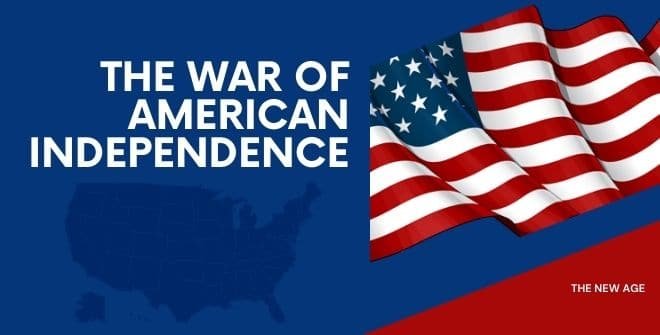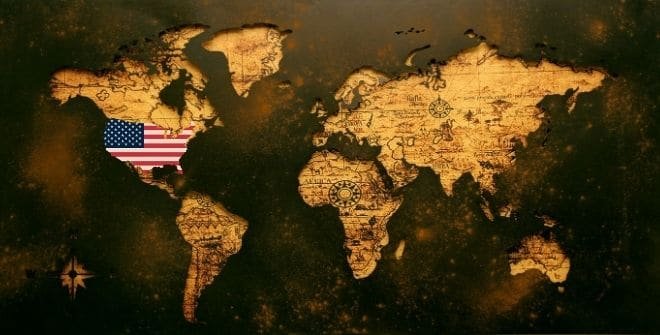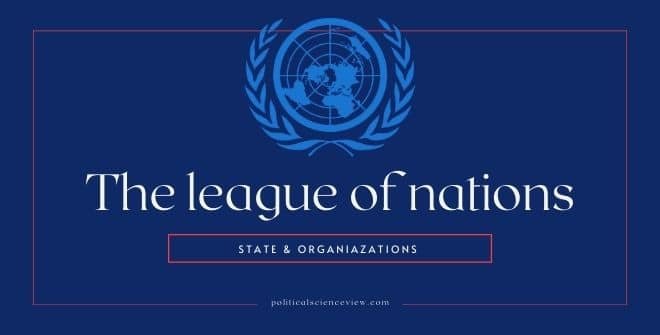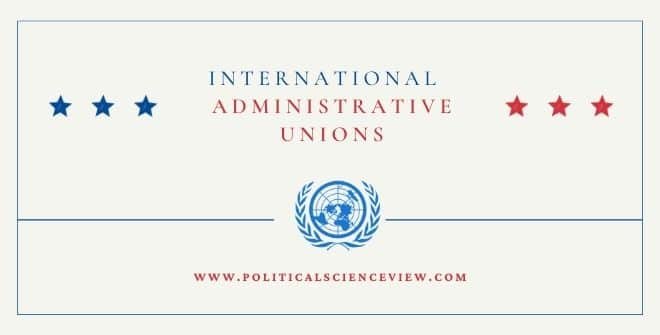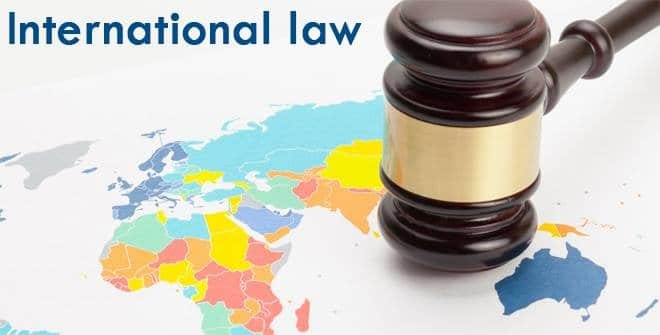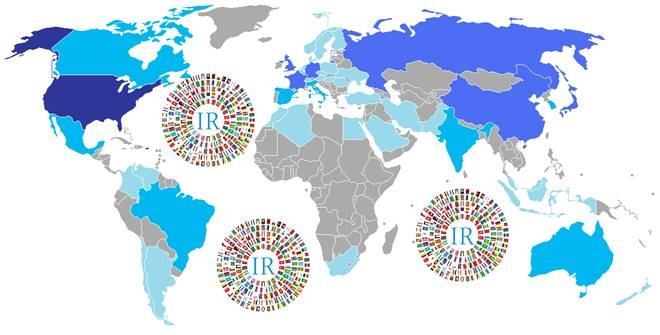Civil War in the United States of America
Civil War in the United States of America (April 12, 1861 – May 9, 1865) was a civil war in the United States fought between states supporting the federal union (the Union or the North) and southern states that voted to secede and form the Confederate States of America (the Confederacy or the South). Introduction … Read more

